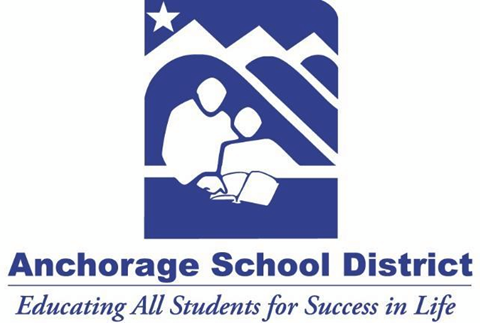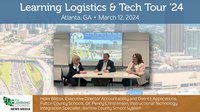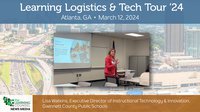Pa. schools expected to reopen in fall in some form, state education secretary says – By Andrew Goldstein, Pittsburg Post-Gazette
State Education Secretary Pedro A. Rivera said Monday that he expects schools to reopen in the fall, but the process will be informed by guidance from health officials.
“It is fully our intent that we’re going to be in a place where we are going to open schools for students when they return for their next academic year,” Mr. Rivera said during a state Senate Education Committee hearing. “Now, preparing to do so, we understand that we’re absolutely going to have to focus on what the research says, and we’re going to have to use the data that’s available to drive our decisions moving forward.”
Mr. Rivera said the Department of Education is working to devise a “framework” of multiple strategies that will allow schools to ensure the health and safety needs of their students, staff and communities upon reopening. The strategies will likely vary across the commonwealth because all schools have unique needs and communities may be in different stages of reopening.
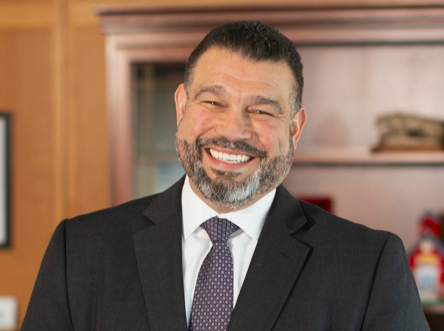
PA State Education Secretary Pedro Rivera
Former Gov. Bill Haslam, wife launch school tutoring program – By the Associated Press on Chattanooga Times Free Press
Former Tennessee Gov. Bill Haslam and his wife Crissy are launching a new statewide program designed to help elementary school students who are at risk of falling behind in studies due to the COVID-19 pandemic.
The Haslams announced Tuesday that they will partner with Boys & Girls Clubs and other youth-focused Tennessee organizations to create the program, known as the Tennessee Tutoring Corps.
The program will run from June to August, with the goal of recruiting at least 1,000 college students to serve as tutors for the grade school students.
"The 'summer slide' is a very real problem each year, and, with students being out of school for so long because of the coronavirus, this year could be more of a summer avalanche," the former Republican governor said in a statement. "We know that younger students and low-income students are especially vulnerable to summer learning loss, and we want to help address the problem."
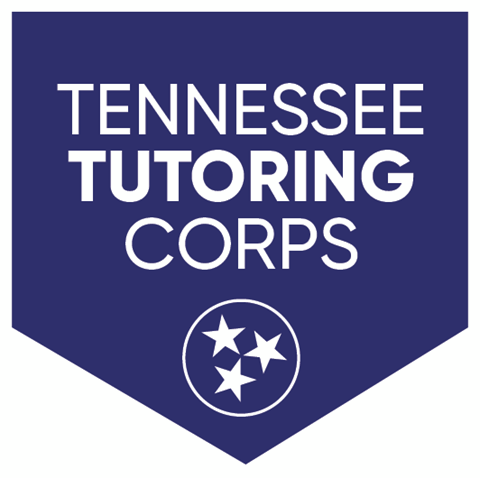
Colorado teachers will lead literacy lessons on public television – By Ann Schimke, Chalkbeat
Colorado children in kindergarten through third grade will soon be able to access age-appropriate literacy lessons by turning on the TV.
Gov. Jared Polis announced the “Read With Me At Home” initiative Monday morning, saying in a press release, “This programming will be available to families across Colorado to help close the digital divide and prevent learning loss during this critical time for children.”
The public television programming will include four consecutive half-hour literacy segments, each tailored to students at one of the four K-3 grade levels. Colorado teachers will lead the lessons, which are set to air 8-10 a.m. Monday through Friday starting May 18. The lessons will be broadcast in English with Spanish subtitles. Accompanying lesson plans and student work packets will be available online at www.rmpbs.org/ColoradoClassroom.
With schools closed and spotty internet access in many households, especially in rural areas, the televised lessons give families another way to keep kids learning. At least 64,000 Colorado students don’t have internet access at home, a recent state survey found.
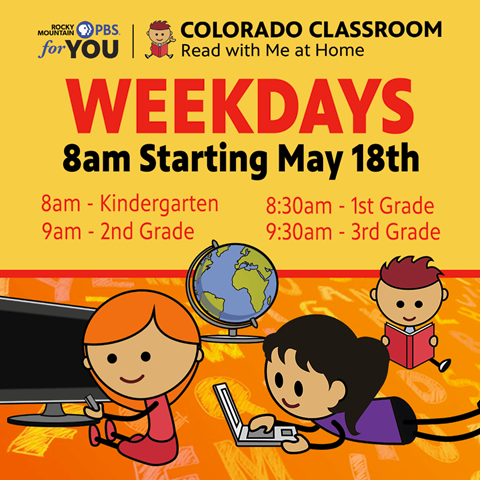
Anchorage schools plan summer programs to counter growing learning gap – By Emily GoodyKoontz – Anchorage Daily News
By fall, Anchorage students will have spent about six months away from in-person classes, and the Anchorage School District expects that “summer slide" — a natural slip backward in learning — will be worse than usual.
It is rolling out expanded, optional summer learning programs that students can work on at home as it seeks to mitigate the growing learning gap.
In a district-wide email sent this month, Superintendent Deena Bishop outlined what the school district will be offering. Summer learning options will vary by grade: for high school, a four-week extension of the current quarter and online summer credit course options; online reading and math tutorials for middle school students; and both online options and paper packets of learning materials for elementary students.
Initially, the district rolled out its online content for middle and elementary school students as only supplementary.
But as the school closures were extended, it became clear that providing “more long-term, rigorous, structured options” would be necessary, said Mark Stock, the district’s deputy superintendent.
